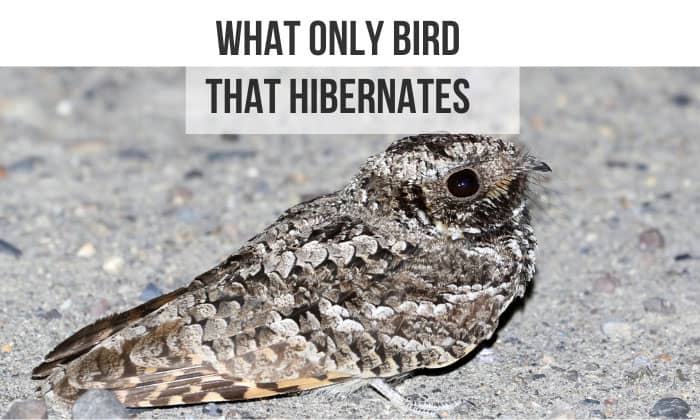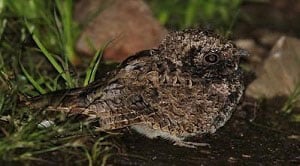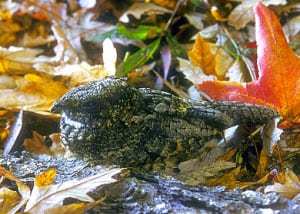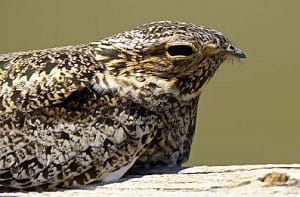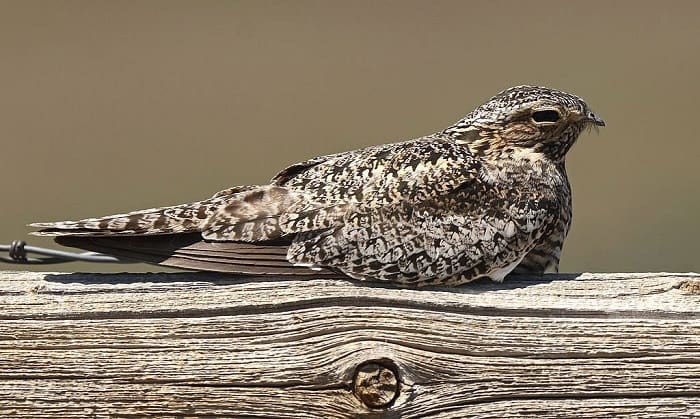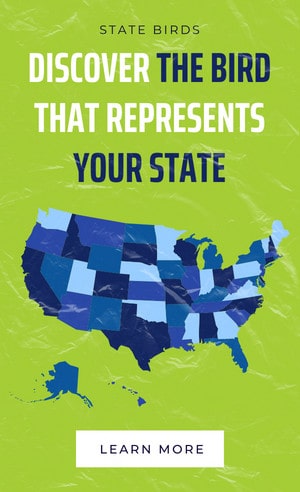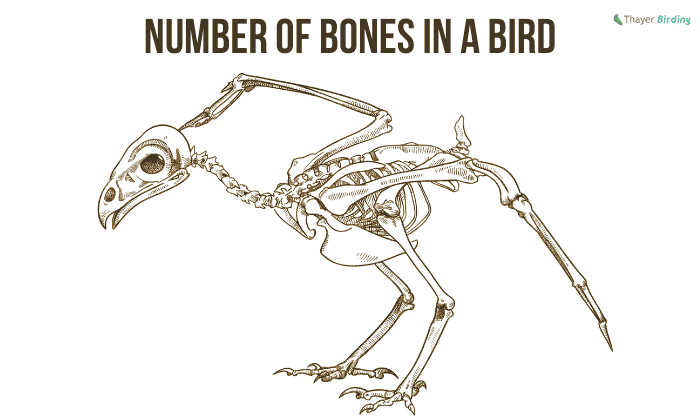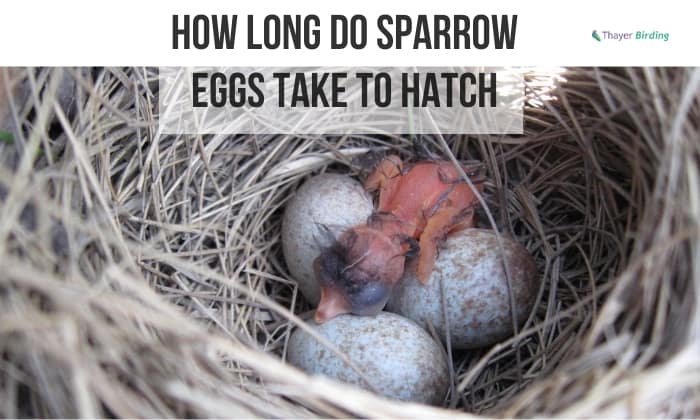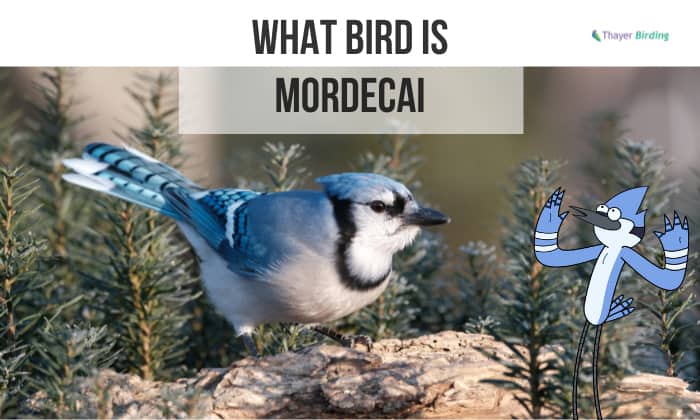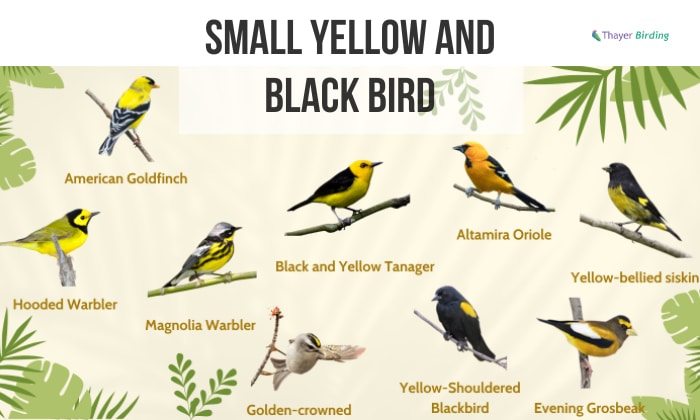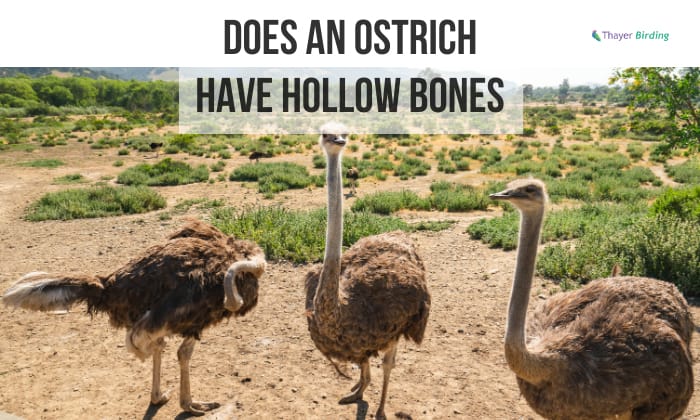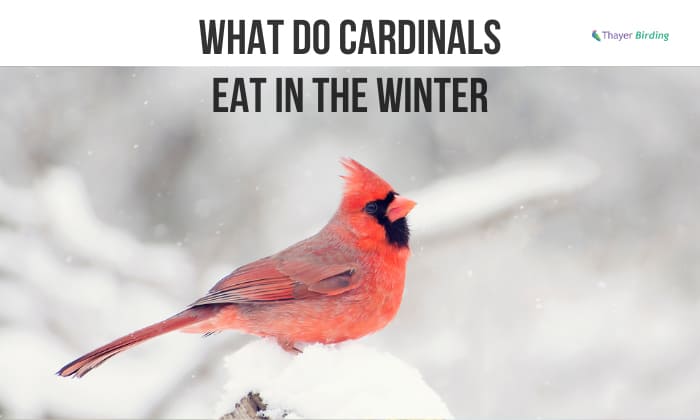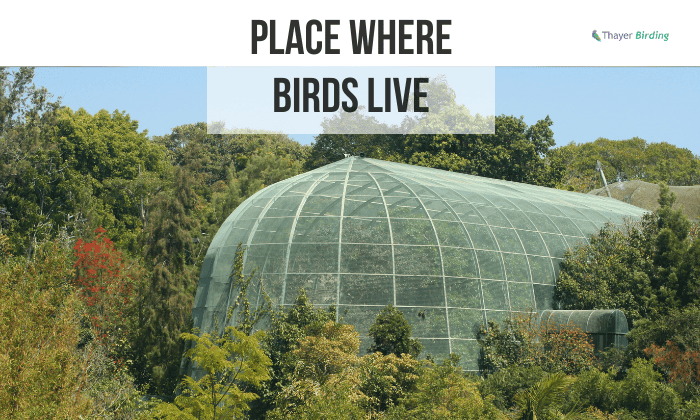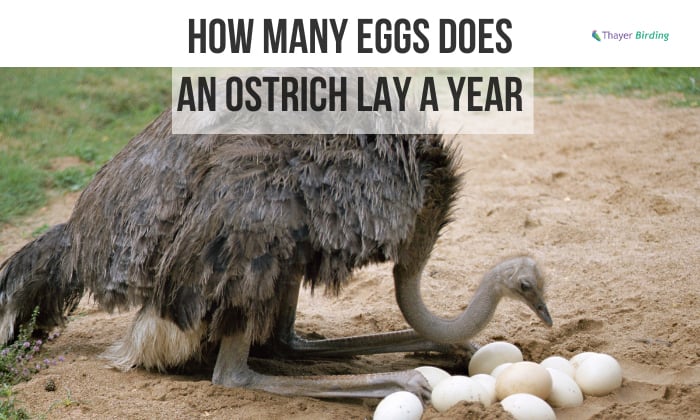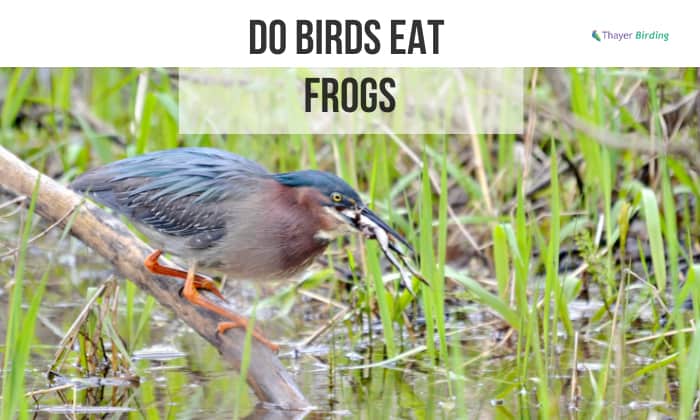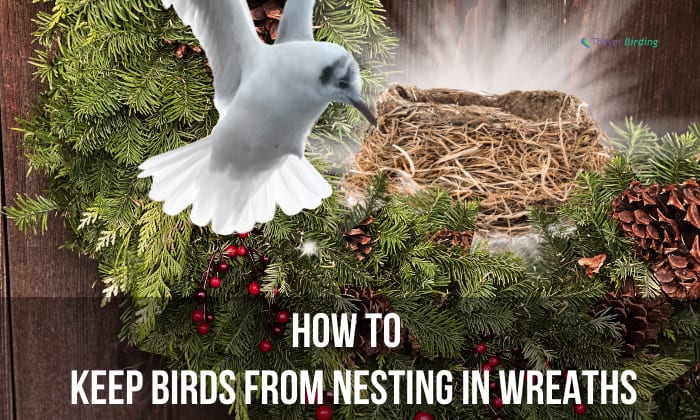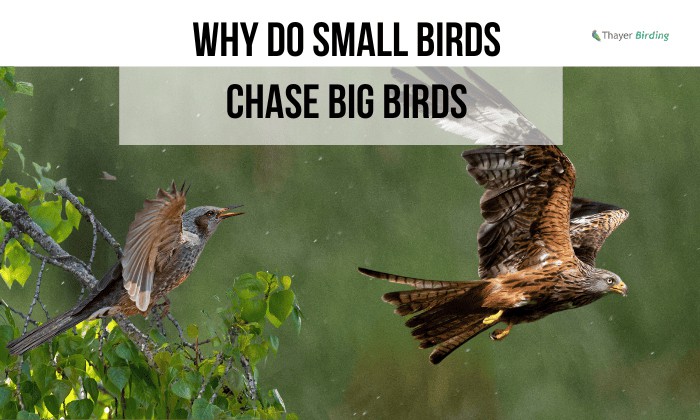What only bird that hibernates? It’s the Common Poorwill! Many birds struggle during the cold months, finding a place to stay warm and foraging with limited food sources. A lot of mammals hibernate in winter, but for avians, there is only one bird species that sleeps throughout the cold season.
If you are hearing about this for the first time, then you probably have a lot of questions in mind. In this article, you’ll get to know more about Common Poorwill. Are you ready? Let’s get into it.
Table of Contents
The Only Bird That Hibernates
Many animals, including birds, have developed abilities to weather through the winter. While hibernation is common for many mammals and reptiles, birds rarely practice this except for one.
The Hopi people, a Native American ethnic group in northeastern Arizona, named the Common Poorwill hölchoko which translates to “the sleeping one.” Scientists uncovered this hibernating bird and its unique winter habit in the 1940s.
Basic Facts:
- Scientific Name: Phalaenoptilus nuttallii
- Family: Nightjars
- Relative Size: Somewhere between a robin and a crow
- Conservation Status: Low Concern
These nocturnal birds are the smallest nightjar in North America. Besides having a short bill, it has rounded wings at the tip of its short tail when it is at rest. They weigh around 1.5 to 2 ounces, have a wingspan that can expand up to 12 inches, and have an average length of 7 inches.
The black and gray-brown pattern is similar for both males and females, with the more noticeable tail-feather markings and white tip of the male to distinguish the two. Their plumage coloration and pattern make these birds a master of disguise when they stay still against the ground.
1. Habitat
Common Poorwills habitat is in British Columbia, southeastern Alberta, northern Mexico, and western America. They frequent dry hills, open areas, shrubby places, and low elevations in dry terrains.
In the west, they are common in foothills, plateaus, and rocky outcrops. You will rarely spot them in grasslands and heavily forested areas. Their choice of nesting grounds is where they can camouflage with ease.
2. Diet
Common Poorwills’ diet consists mainly of flying insects such as beetles, moths, flies, flying ants, and sometimes grasshoppers. They forage on low perches and the ground, waiting for insects to pass by.
These insectivore birds might be small by their huge mouths and can swallow a whole insect measuring up to 1.6 inches long.
3. Hibernation
Where does the Common Poorwill hibernate? There are sightings of hibernating Common Poorwills in hidden piles or rocks in New Mexico, California, and North Dakota. This usually happens when the temperature drops and flying insects become scarce.
They will wake up from their long sleep when the environment becomes warmer as the days stay longer. At this time, the conditions will be much better and they can resume their hunt for insects, gain energy, and get ready for the breeding season.
4. Hibernating Bird List
The Common Poorwill is the only hibernating bird but there are avian species that fall into a hibernation-like stupor. These birds go into temporary hibernation or torpor.
- Hummingbirds
- Doves
- Eastern Whip-poor-will
- Swifts
- Nightjars
- Nighthawks
- Mousebirds
- Oilbirds
- Titmice
- Sunbirds
- Chickadees
- Roadrunners
- Smaller owl species
Frequently Asked Questions
Why do Common Poorwills hibernate?
Common Poorwills hibernate because of a lack of food sources or the low-temperature weather. Flying insects disappear in the winter and without them, Common Poorwills won’t get the energy they need to maintain their body temperature. Just like any other animal, they have to conserve their energy to survive which means reducing their body temperature and entering hibernation.
Why don’t any birds hibernate?
Birds can fly and find a warmer place with available food sources to settle in. Migration is an adaptive strategy that many avians do to escape the cold months. That is why you will rarely find hibernating birds like most mammals and reptiles.
How long does a Common Poorwill hibernate?
It could take weeks or months for Common Poorwills to hibernate. There is a recorded case where their hibernation lasted for over 85 days.
Which bird hibernates in winter?
The Common Poorwill is the only bird to hibernate. However, some bird species go into torpor to conserve their energy. Check our list in the previous section for the list of avians.
Conclusion
If anyone asks you “What only bird that hibernates?” you now know that the answer is the Common Poorwill! These birds are unique and you read about their notable features, behavior, and hibernation habits.
We hope you learned a lot from this article. If you know someone who wants to read this fascinating fact, share this with them. For your thoughts and words of wisdom about this topic, comment below!
Read more: Birds hibernate and their facts.

George and I became friends after a birdwatching trip with our new group. And we have been enjoying every adventure together. When he told me the idea of establishing a site that shares our experiences and fun, I immediately agreed. After trials and errors, here we have Thayerbirding.


